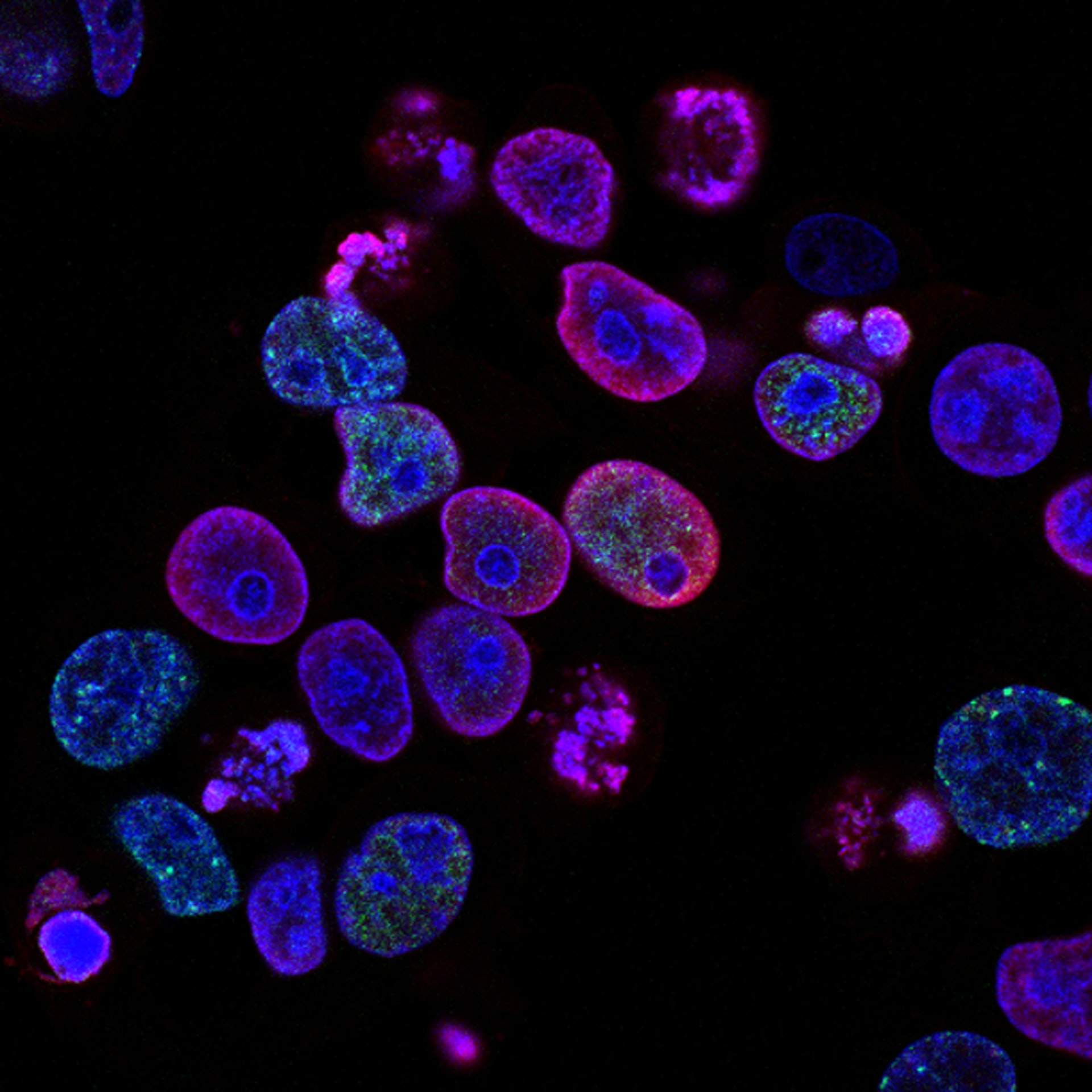Ulcerative colitis is a chronic inflammatory bowel disease that affects the large intestine, also known as the colon. It is characterized by the presence of ulcers, or open sores, in the lining of the colon, as well as inflammation and bleeding. Ulcerative colitis is a type of inflammatory bowel disease (IBD), which also includes Crohn’s disease.
Common Symptoms of Ulcerative Colitis
Symptoms of ulcerative colitis can vary from person to person and can range in severity. Common symptoms include diarrhea, abdominal pain, rectal bleeding, fatigue, weight loss, and anemia. The frequency and severity of these symptoms can vary over time, with some people experiencing long periods of remission and others experiencing frequent flare-ups.
- Rectal Bleeding
- Severe Diarrhea
- Anal Fissures
- Abdominal Pain
- Weight Loss
- Urgency to Go
- Fever
What Causes It?
The exact cause of ulcerative colitis is not fully understood, but it is thought to be a combination of genetic, environmental, and immune system factors. Researchers believe that the immune system mistakenly attacks the cells in the colon, leading to inflammation and the formation of ulcers.

There is currently no cure for ulcerative colitis, but it can be managed through a combination of medications, lifestyle changes, and in some cases, surgery. Medications used to treat ulcerative colitis include anti-inflammatory drugs, immunosuppressants, and biologics. Lifestyle changes such as stress management, a healthy diet, and regular exercise can also help to manage the disease.
Diagnosis: Ulcerative colitis is typically diagnosed through a combination of physical examination, medical history, and various diagnostic tests. These may include blood tests, stool tests, colonoscopy, and imaging tests such as CT scans or MRI.
Risk factors: While the exact cause of ulcerative colitis is not fully understood, there are several factors that may increase a person’s risk of developing the disease. These include a family history of IBD, being of Ashkenazi Jewish descent, and smoking.
Types of Ulcerative Colitis
Types of ulcerative colitis: Ulcerative colitis can affect different parts of the colon and can be classified into four main types:
- Ulcerative proctitis: This form of ulcerative colitis affects the rectum and the lower portion of the colon. Symptoms may include rectal bleeding and diarrhea, but abdominal pain and weight loss are typically less common.
- Proctosigmoiditis: This form of ulcerative colitis affects the rectum and sigmoid colon, which is the lower portion of the large intestine. Symptoms may include rectal bleeding, diarrhea, and abdominal pain.
- Left-sided colitis: This form of ulcerative colitis affects the rectum and the left side of the colon. Symptoms may include rectal bleeding, diarrhea, abdominal pain, and weight loss.
- Pancolitis: This is the most severe form of ulcerative colitis, and it affects the entire colon. Symptoms may include severe diarrhea, abdominal pain, rectal bleeding, and weight loss.
UC Treatment Options
Treatment options: In addition to medications and lifestyle changes, there are several other treatment options for ulcerative colitis. These may include:
- Immunosuppressants: These medications work by suppressing the immune system, which can help to reduce inflammation in the colon. Examples of immunosuppressants used to treat ulcerative colitis include azathioprine and 6-mercaptopurine.
- Biologics: These medications are made from living cells and work by targeting specific proteins involved in the immune response. Examples of biologics used to treat ulcerative colitis include infliximab and adalimumab.
- Corticosteroids: These medications are used to reduce inflammation and are often used in the short term to manage flare-ups of ulcerative colitis. Examples of corticosteroids used to treat ulcerative colitis include prednisone and budesonide.
- Surgery: In some cases, surgery may be necessary to remove the affected portion of the colon. This can be a permanent or temporary solution, depending on the individual case.
In some cases, ulcerative colitis may be severe or unresponsive to other forms of treatment, and surgery may be necessary to remove the affected portion of the colon. This can be a permanent or temporary solution, depending on the individual case.
It is important to note that the treatment plan for ulcerative colitis will depend on the individual case and may involve a combination of these treatment options. It is important for people with ulcerative colitis to work closely with their healthcare team to determine the best course of treatment. People with ulcerative colitis should work closely with their healthcare team to develop a treatment plan that works for them. This may involve regular check-ins with a gastroenterologist, as well as other healthcare professionals such as a nutritionist or mental health provider.
Living a Full Life with UC
While ulcerative colitis can be a challenging disease to live with, it can be nice to remember that it is manageable and that people with the disease can lead full, productive lives. With the right treatment plan and support, it is possible to effectively manage the symptoms of ulcerative colitis and enjoy a good quality of life.
It is also important for people with ulcerative colitis to be aware of the potential complications of the disease. These can include an increased risk of colon cancer, malnutrition, and the development of other conditions such as osteoporosis. Regular screenings and monitoring by a healthcare provider can help to identify and address these potential complications.
In conclusion, ulcerative colitis is a chronic inflammatory bowel disease that affects the colon. It is characterized by ulcers, inflammation, and bleeding in the colon. While there is currently no cure for ulcerative colitis, it can be managed through a combination of medications, lifestyle changes, and in some cases, surgery. It is important for people with ulcerative colitis to work closely with their healthcare team to develop a treatment plan and be aware of potential complications of the disease. With the right support and treatment, it is possible to effectively manage ulcerative colitis and enjoy a good quality of life.






